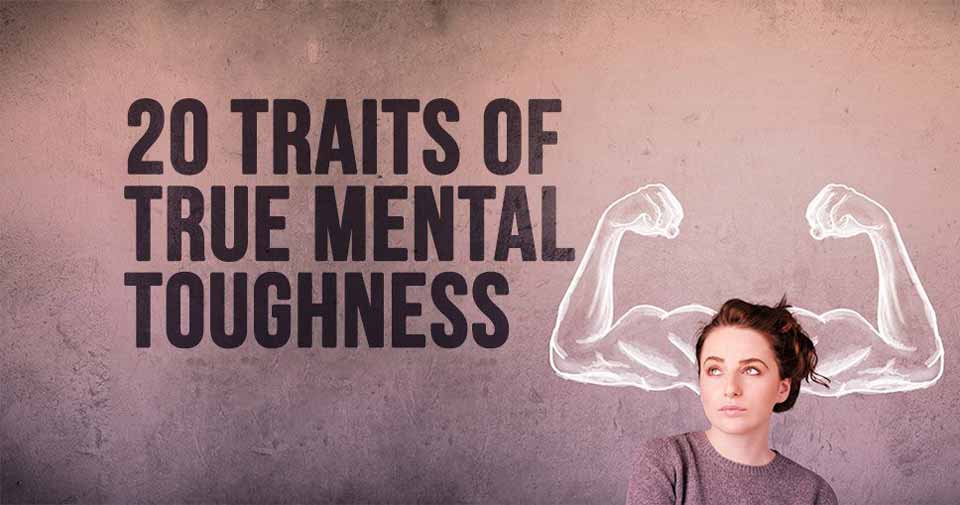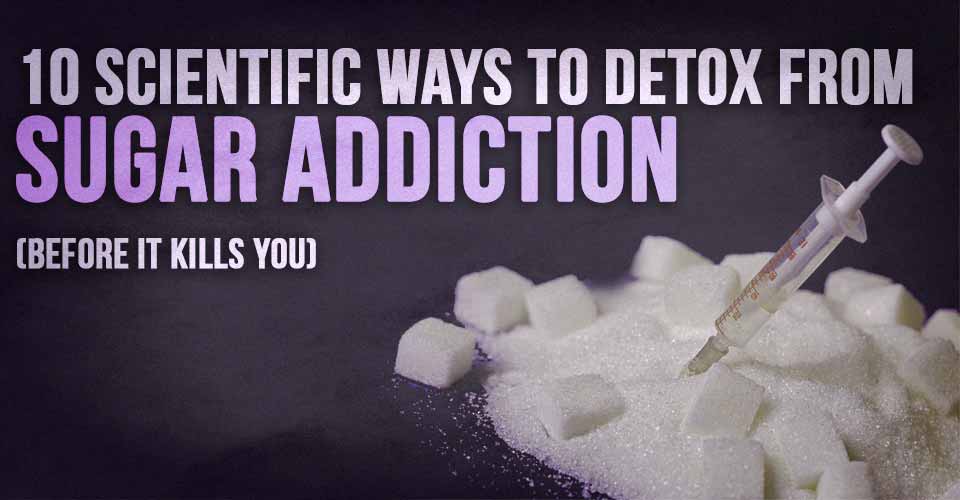
14 Warning Signs Your Adrenals are Burnt Out and What You Need to Fix Them
Adrenal burnout. It means your adrenal glands are
overworked, resulting in low cortisol and unbalanced hormones. If you
told your doctor you suspected adrenal fatigue, you’d likely be sent to
an endocrinologist who may test you for Addison’s or Cushing’s diseases,
relatively rare endocrine disorders that indicate very low or high
cortisol (your main stress hormone) levels. The treatment is surgery and
medication. That’s not what we’re talking about here.
Is Adrenal Fatigue a Hoax?
I’ve had clients say their doctors have told them adrenal fatigue is
an outright hoax. Adrenal fatigue isn’t acknowledged in the conventional
medical model because it is not a disease for which drugs can be
prescribed, and that’s how our medical system works.
Adrenal fatigue should really be called
hypothalamic-pituitary-adrenal (HPA) axis dysfunction, which is a fancy way of saying
that
the feedback loop between the brain and the adrenals is fried, so there
is miscommunication and resistance about when and how to release stress
hormones. (
read more about the HPA axis here). Adrenal fatigue starts isn’t the fault of the adrenals per se; it’s a dysfunction between the brain and adrenal glands.
Your adrenals are 2 small glands that sit atop your kidneys and
produce cortisol and sex hormones. In many ways the HPA axis and the
adrenals are the command and control center for your body, and they help
you manage your stress levels, hormone levels, thyroid function, sleep,
sex drive, and metabolism. When everything is functioning normally, you
have good and stable energy throughout the day, you sleep well, you
have a good sex drive, and you maintain your weight.
When you encounter stress, the body reacts with a chain of hormonal
events to get you ready for battle. Corticotropin-releasing hormone
(CRH) is released from the hypothalamus. CRH stimulates the production
of adrenocorticotropic hormone (ACTH). ACTH stimulates the release of
cortisol, the body’s main stress hormone. Cortisol keeps blood sugar and
blood pressure elevated so you’re able to fight or flee and stay alive
during the stressful event. This is a normal and healthy stress
response.
But when you are chronically stressed and this chain of events is
continuously triggered, your cortisol stays elevated, you
become eventually depleted of the hormones you need to battle the
stressor. At this point you are facing burnout and may also notice
anxiety and depression, as serotonin is depleted when cortisol is
chronically elevated, and now there is neuroendocrine dysfunction.
Adrenal fatigue is a constellation of symptoms, such as
insomnia, anxiety, fatigue, or brain fog, that disrupts your day-to-day
life. These nagging issues wouldn’t send you to the hospital,
maybe not even the doctor, but they are your body’s way of signaling to
you that there is an imbalance. People may ignore these signs, thinking
it’s part of stress or “getting old,” or they may go to a doctor who
will prescribe them meds based on their symptoms: Ambien for insomnia,
for example, or antidepressants and anti-anxiety meds. But here again,
the underlying imbalance isn’t addressed, and the problem continues
until it triggers a full blown illness or disease.
When your adrenals begin to falter, you may notice
- fatigue
- weight gain
- digestive issues such as bloating, constipation, diarrhea
- sugar and/or salt cravings
- the “3pm crash”
- brain fog
- increased susceptibility to illness
- decreased ability to handle stress, feeling frazzled
- insomnia or waking around 4am, unable to get to sleep
- anxiety
- depression
- PMS/hot flashes associated with menopause
- inability to focus
- low sex drive
Causes of Adrenal Fatigue
- emotional stress. Interestingly, 95% of adrenal
fatigue cases are precipitated by extreme emotional stress. That could
be a death, divorce, injury, job loss, OR even positive stress like
getting married or having a baby. Stress really is the main cause of
imbalance in the body.
- diet. Too many processed foods, too much coffee/caffeine, irregular mealtimes, refined sugars, nutrient poor meals, not eating enough or eating foods that lack nutrients because they are processed or refined.
-
- pain, chronic inflammation
- microbiome imbalance & digestive infections such as h pylori, dysbiosis, SIBO, candida, parasites (more common than you might think!)
- lack of sleep
- autoimmune conditions
What starts out as chronic stress is usually burning the candle at
both ends: staying up all night studying (or partying), chugging coffee
or sodas, working 2 jobs, working 80 hours a week, skipping meals,
sleeping only 4 hours a night– or not at all. People typically feel
pretty good in this stage because your body is churning out more
cortisol in response to the stress to make you more alert and get you
through whatever you’re doing (the fight or flight response).
A little stress is normal and good, and we all have it. BUT it’s your body’s ability to recover that matters, and
if you’re not sleeping or eating well and continue in stress mode for
years, you’re headed for burnout because your body doesn’t have the
chance to recuperate.
Once your body can’t keep up with your stress levels, you start to
burn out. Your brain is signaling that there is a stress, but
your adrenals can’t produce the required amount of cortisol to keep you
going, and you start to crash. Now you’re in adrenal burnout and
experiencing low cortisol. Your resources to fight the stressor have
been depleted.
If you’re a woman, you may start to have irregular cycles
or a worsening in PMS symptoms because your body is starting to
borrow molecules of other hormones, like progesterone (one of your main
female hormones), to make cortisol. Your body perceives that survival is
more important than reproduction, so women notice infertility or cycle
irregularities.
Your body knows a stressed environment is not ideal for
creating a baby! This lack of progesterone can leave you estrogen
dominant. (
Read more on that here).
You may also experience
symptoms of hypothyroid,
such as constipation and thinning hair, because your adrenals affect
your thyroid as well as your female hormones. You’re probably tired or
having trouble sleeping, and you may be gaining weight (especially
around the midsection) and are unable to lose it no matter what, because
your metabolism has slowed due to your body being in a state of stress.
A stressed body is not in fat burning mode– it’s working to conserve
resources.
If you continue down this path, chugging caffeine to keep yourself
going, skimping on sleep to get your work (or your partying) done, or
skipping meals to prevent gaining even more weight, you’re headed for
serious burnout. The kind you can no longer ignore.
At this point, your
adrenals, thyroid and female hormones are imbalanced, and even though
your doctor may look at you, perplexed, because your blood work came
back ok, you know there’s something wrong because you’re not feeling
right, you’ve gained weight, maybe have anxiety, and your hormones have
gone haywire.
How to Reverse Adrenal Burn Out
- saliva testing to determine cortisol levels
- restore circadian rhythm
- SLEEP, at least 8 hours nightly. In bed by 10pm.
- eat in regular intervals to maintain stable blood sugar
- eat enough calories for healing
- eat hormone-building, nutrient dense foods and good fats
- stop chugging coffee
- support digestion with probiotic foods
- minerals and vitamin C
- adaptogenic herbs
- B vitamins
- address stress in job, relationships
The first step is saliva testing to determine what
your cortisol levels look like. Some doctors may offer blood testing for
cortisol, but they’re not nearly as accurate and only offer one
snapshot of what your cortisol levels are doing during the day.
The
saliva test requires 4 samples so you get an idea of your cortisol
rhythm. They should be highest in the AM to wake you up and get you
through the day, lowest at night so you drift off to sleep. If cortisol
is too low, say, in the morning, you’ll be tired. If it’s too high at
night, you can’t sleep. Your body is in sync with the natural rhythm of
light and dark, and the closer you can re-establish that rhythm, the
more you’ll heal.
The saliva testing requires 4 samples during the day
to measure your cortisol rhythm, then you’ll have the information you
need to repair. High cortisol is treated much differently than low
cortisol, so it’s important to test and see what your rhythm looks like.
The second step is to combine a healing protocol with a nutrient dense diet.
Make vegetables of all types the base of every meal. High quality,
organic and fatty acid rich protein such as wild fish, grass fed beef,
lamb, and eggs at every meal in amounts appropriate for you.
Tons of mineral-rich veggies and sea veggies, because the adrenals require minerals to function.
Lots of sea salt (which is probably welcome, because you might be
craving salt!); good fats like coconut oil, butter, olive oil;
superfoods like
bone broth, organ meats, raw kraut/probiotic foods, and organ meats.
The third step is to add specific healing supplements to your daily regiment.
Some of the supplements needed to heal adrenal fatigue are
The fourth step is to restore your natural circadian rhythms, put your body on a schedule.
Wake up at the same time. Eat every 4 hours. Go to bed by 10pm or 11pm.
Be sure to manage your blood sugar, because blood sugar highs or lows
stress the adrenals. This means cut the refined foods, gluten, white
sugar, sodas, coffee and nightly wine (sorry), and stop skipping meals.
Support digestion with probiotic foods like raw kraut or
this coconut water kefir,
my favorite source because you also get the benefits of coconut water
along with a hefty dose of probiotics. If your digestive tract is
inflamed from too much bread and sugar and wine, you won’t absorb
nutrients from all the great food you’re now eating.
And, remember: your
body perceives inflammation as a stressor, so an inflamed GI tract can
worsen adrenal fatigue! You may want to take a
probiotic supplement to support digestion.

Refined white flour and sugar jacks your blood sugar levels, which stresses the adrenals
Adaptogenic herbs like
maca, rhodiola, schizandra, ashwaganda, licorice root and holy basil
can really help. I have to stress that you should work with a
practitioner to help you determine exactly what you need– don’t go it
alone! Some of these herbs, especially if taken at the wrong times, can
make you feel worse or further aggravate insomnia, for example.
The lifestyle factors are the most important.
You
won’t get better if you don’t change your habits– sleep, stress, and
diet. I’ve had clients take time off work to heal because they
understand their health is so important– and that they will prevent
medical bills in the future (as well as the inability to work because
they’re on disability with chronic fatigue syndrome).
Fix your stressful
relationships, and have I mentioned? SLEEP.
Take a day per week and
unplug to help calm down an overstimulated and exhausted mind and body.
Click here for my sleep tips. Certain nutrients like magnesium and
Seriphos (a
phosphatidylserine supplement) can help bring down high cortisol at
night and help you sleep if you’re having trouble. Healing your adrenals
will reverse sleep issues long term, but it may take some time.
Also,
stop over-exercising and find an activity that rejuvenates you, whether
it’s gardening, yoga or meditation.
Testing for and correcting adrenal fatigue is an example of preventive health care.
If you can reverse adrenal fatigue, it’s possible to prevent the
illnesses that can be caused as a result of long-term hormone imbalance
and stress. Not to mention you’ll feel better, look better, sleep better
and be healthier.
Resources:
Explanation of adrenal fatigue and HPA axis
Dr Kalish video on adrenal fatigue
Our podcast on adrenal fatigue
Adrenal fatigue & thyroid connection
Adrenals & Thyroid Part 2
 No matter what Law of Attraction goals you’ve set, there’s a good chance that you often wonder how you could be more productive.
No matter what Law of Attraction goals you’ve set, there’s a good chance that you often wonder how you could be more productive.

























